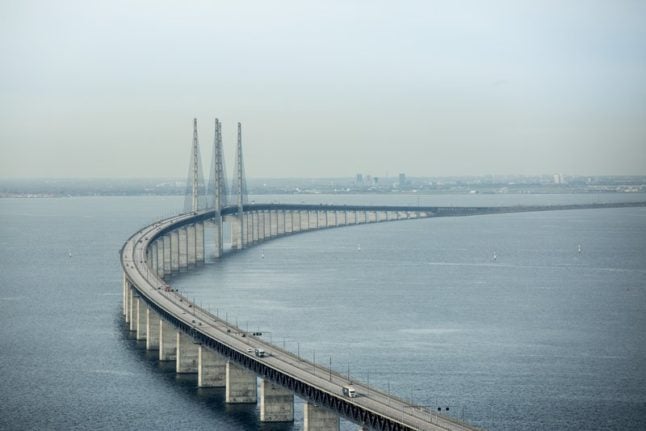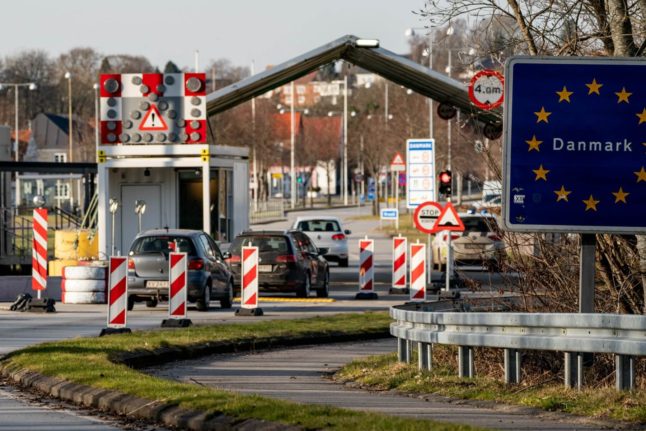In an interview with the Sydsvenskan newspaper, Kristersson said that he wanted to see permanent controls on the Danish-Swedish border.
“They are going to be necessary,” he said.
“Everyone wants to make commuting as easy as possible, but controls are also going to be needed. The more we reduce the problem of cross-border crime, the more open we can be to surrounding countries. But as it is now, we have big problems which need to be brought under control, both at the border and within Sweden.”
Liberal leader Johan Pehrson said that he was sceptical of controls.
“Our future is in the Nordic region, not only when it comes to security, but also as a dynamic regional labour market,” he said.
“That’s why I would like to work towards making sure the Nordic Region is cohesive, both when it comes to security, historically, but also when it comes to the labour market. We will see where this proposal about permanent controls ends up. We will have a discussion about it.”
The Tidö coalition agreement mentions “strengthening of controls” on the Swedish border, something which Sweden Democrat Richard Jomshof on Twitter described as a “central” part of the agreement. It does not say that controls should be made permanent.
“The issue of border controls is central to the Tidö Agreement,” Jomshof, chair of parliament’s Justice Committee wrote. “I assume it will be complied with”.
The temporary border controls between Denmark and Sweden are illegal under EU law, and Sweden’s EU commissioner Ylva Johansson, who is responsible for the EU’s internal security, has previously stated that Sweden’s new government must scrap border controls as EU law only permits them to be in place for up to six months.
“We have a relatively new Austrian court case where the EU courts had a clear outcome. If there is a rule stating that inner border controls can only be implemented for a maximum of six months, they cannot be in place for longer than that,” Johansson told Sydsvenskan last month.
“Of course, I have to act on that basis,” she said.
Swedish border controls in Malmö, Helsingborg, Trelleborg and Ystad were introduced in 2015 during the refugee crisis as a temporary measure to allow Sweden to better monitor asylum migration to Sweden.
One of the last decisions made by the outgoing Social Democrat government was to inform the EU Commission that Sweden’s border controls on the Öresund strait between Sweden and Denmark will be extended in November.
Sweden’s border controls have been renewed the same way, every six months, since November 2015.
Swedish MPs from the southern Skåne region are against the proposal, and are concerned that the Swedish-Danish border will be affected by controls and border police for the forseeable future.
There are also concerns that the government may reintroduce ID controls for travellers to Sweden at the Copenhagen Airport train station, where trains to Sweden depart, and at Helsingör harbour.
“These are issues which MPs from Malmö as well as Helsingborg are very engaged in,” Moderate MP Peter Ollén from Malmö told Sydsvenskan.
“In Malmö, we would like to see a swift return to a secure situation so we can return to the border situation which existed before 2015,” he said.
“It’s difficult to know when that will happen.”
Green Party MP Rasmus Ling, also from Malmö, went a step further, submitting a motion on October 20th that the border controls be scrapped.



 Please whitelist us to continue reading.
Please whitelist us to continue reading.
Member comments